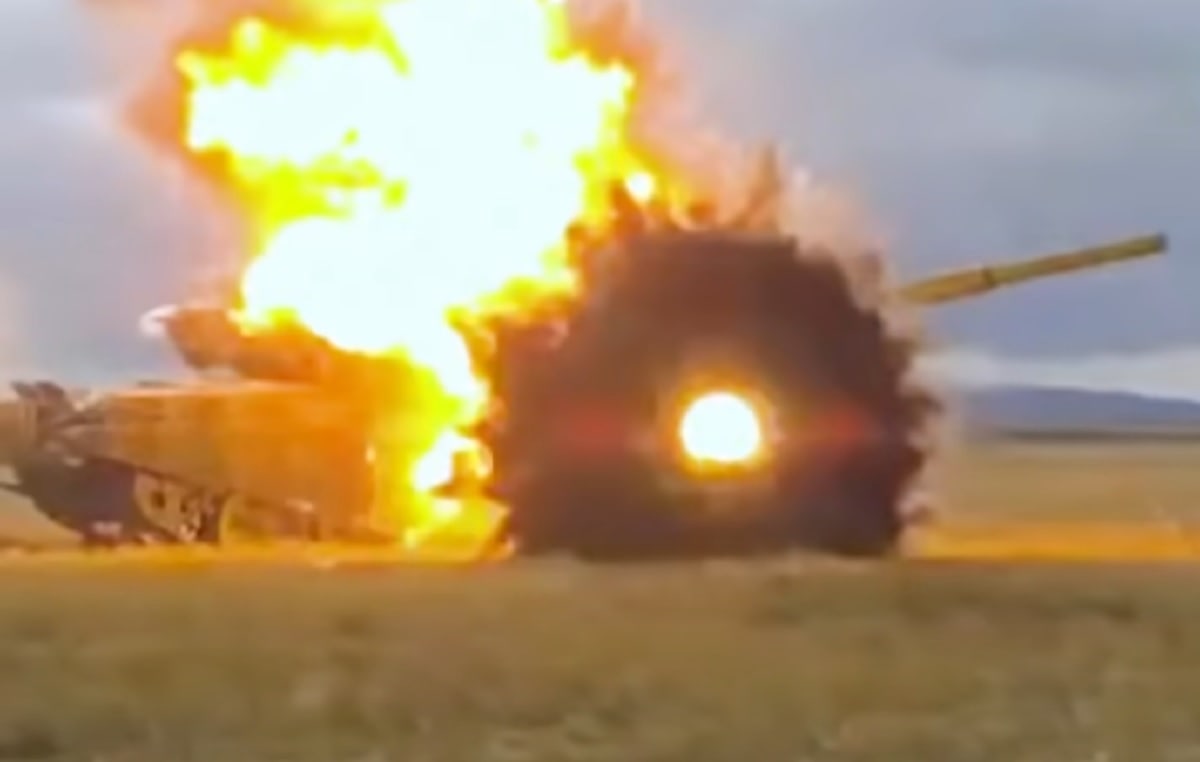After seven months of combat and tens of thousands of casualties on both sides, Bakhmut is becoming a household name in the West.
The Russian forces are in the northern suburbs of Bakhmut and have also advanced to the north and south of the Donbas town.
If they haven’t started already, the Ukrainian forces will start withdrawing troops in an orderly fashion.
Kyiv has repeatedly stated that it won’t defend Bakhmut to the last man.
Indeed, that has been the Ukrainian strategy all along.
Bakhmut: A Death Trap for Russian Troops
Ukraine is using Bakhmut as a wave breaker, attracting Russian troops and resources.
Bakhmut is also breaking the momentum of the large-scale Russian offensive that Moscow has planned for months.
It wouldn’t be the first time the Ukrainian military used an urban center to stop a large-scale Russian offensive.
Over the summer, the Russian military launched an offensive operation to capture the Donbas.
For weeks, the Russian forces threw troops and weapon systems against Severodonetsk, only to be repeatedly repelled by the stiff Ukrainian resistance.
Then, after weeks of fighting and heavy casualties, the Russian forces managed to capture the town only after the Ukrainians had withdrawn.
Strategically, Severodonetsk offered little to the Russians, and their inability to capture it took quickly and efficiently out the momentum from their large-scale offensive.
A few weeks later, the Ukrainians launched a surprise counteroffensive to the north of Severodonetsk, rolling over the surprised and tired Russian forces.
A Strategy Used Before
In Bakhmut, Ukraine is following the same strategy. By using the militarily unimportant town as bait, the Ukrainians are luring in large numbers of Russian troops and weapon systems that now can’t be used elsewhere.
Meanwhile, the Russian forces are trying to capture Bakhmut because they see it as a political prize—it is the longest battle of the war, after all—but also because they lack the mechanized and combined warfare capabilities to launch an offensive elsewhere.
“The Ukrainian defense of Bakhmut remains strategically sound as it continues to consume Russian manpower and equipment as long as Ukrainian forces do not suffer excessive casualties,” the Institute for the Study of War assessed in a recent operational update.
But even if the Russian forces capture the town, intricate Ukrainian defensive positions await them further to the west.
Indeed, the terrain to the west of Bakhmut is more easily defendable, and the Russian forces are highly unlikely to achieve any quick progress there after failing to capture Bakhmut despite the tens of thousands of troops committed to the fight.
Bakhmut and the Ukrainian Upcoming Counteroffensive
While the Russian forces continue to throw men and materiel against Bakhmut, the Ukrainians are training men and getting familiar with the weapon systems that the West is sending, including the Leopard 2 and Challenger 2 main battle tanks and M2 Bradley and the Marder A1 infantry fighting vehicles.
And when the time is ripe and the Russian forces exhausted and depleted from their offensive against Bakhmut, the Ukrainians will launch their counteroffensive. This is the strategy the Ukrainians are playing.
“The likely imminent culmination of the Russian offensive around Bakhmut, the already culminated Russian offensive around Vuhledar, and the stalling Russian offensive in Luhansk Oblast are likely setting robust conditions for Ukrainian counteroffensive operations,” the Institute for the Study of War added.
However, war is full of friction, and the enemy always gets a vote.
It only remains to be seen if the Ukrainian commanders will pull another great victory with their next counteroffensive.
MORE: Watch This – Video Shows Ukraine Destroying One Of Russia’s Best ‘Big Guns’
MORE: Video: Watch Ukraine Kill Russia’s Powerhouse T-90M Tank
MORE: The End For Donald Trump Might Finally Have Arrived
Expert Biography: A 19FortyFive Defense and National Security Columnist, Stavros Atlamazoglou is a seasoned defense journalist specializing in special operations, a Hellenic Army veteran (national service with the 575th Marine Battalion and Army HQ), and a Johns Hopkins University graduate.

